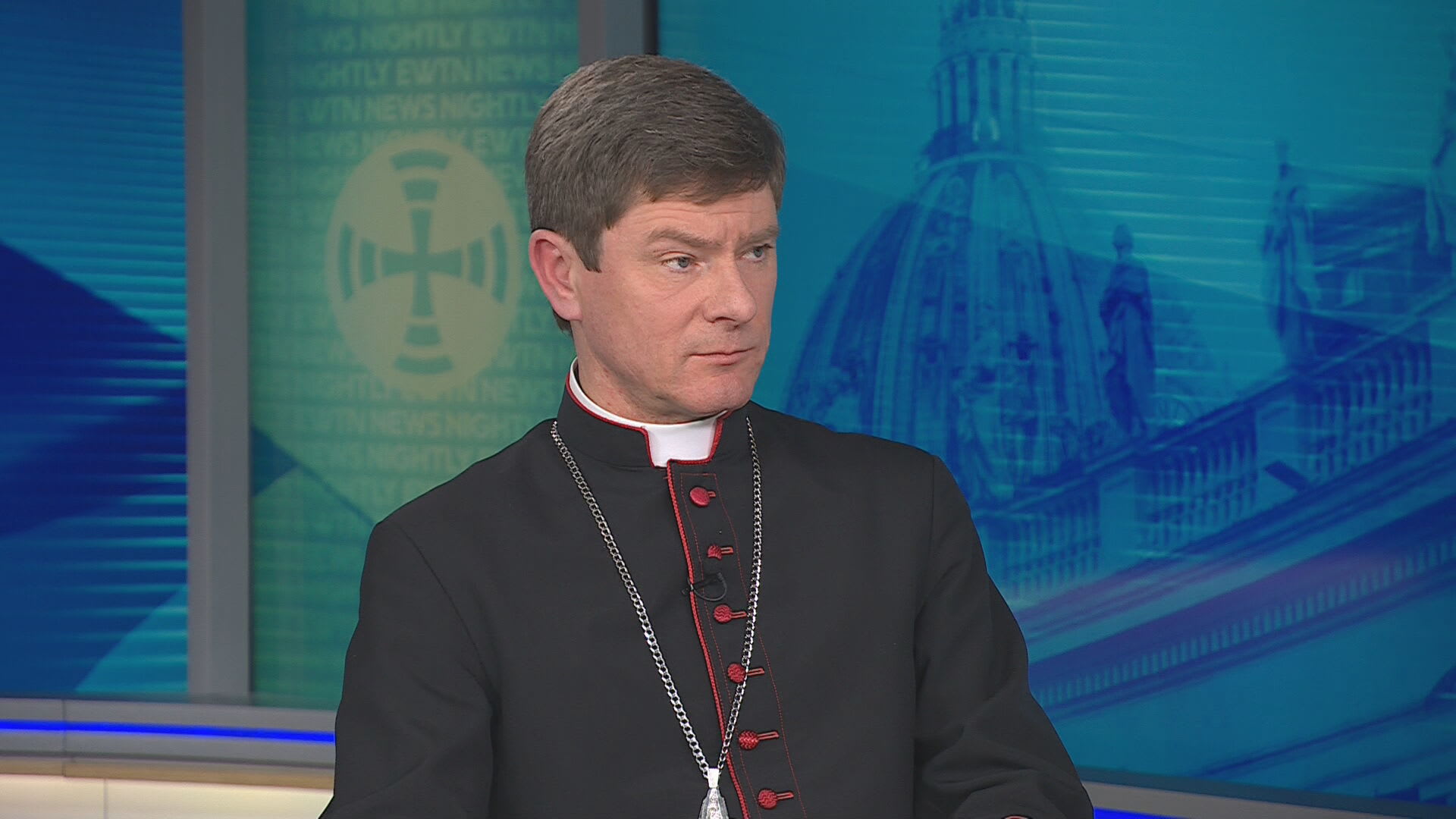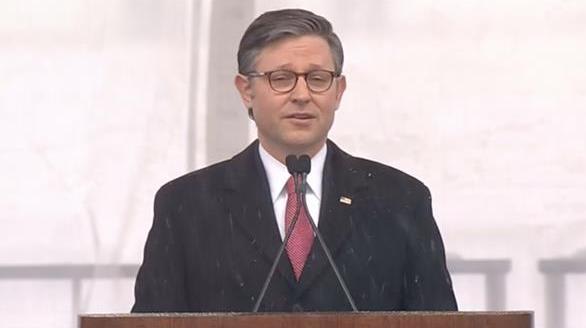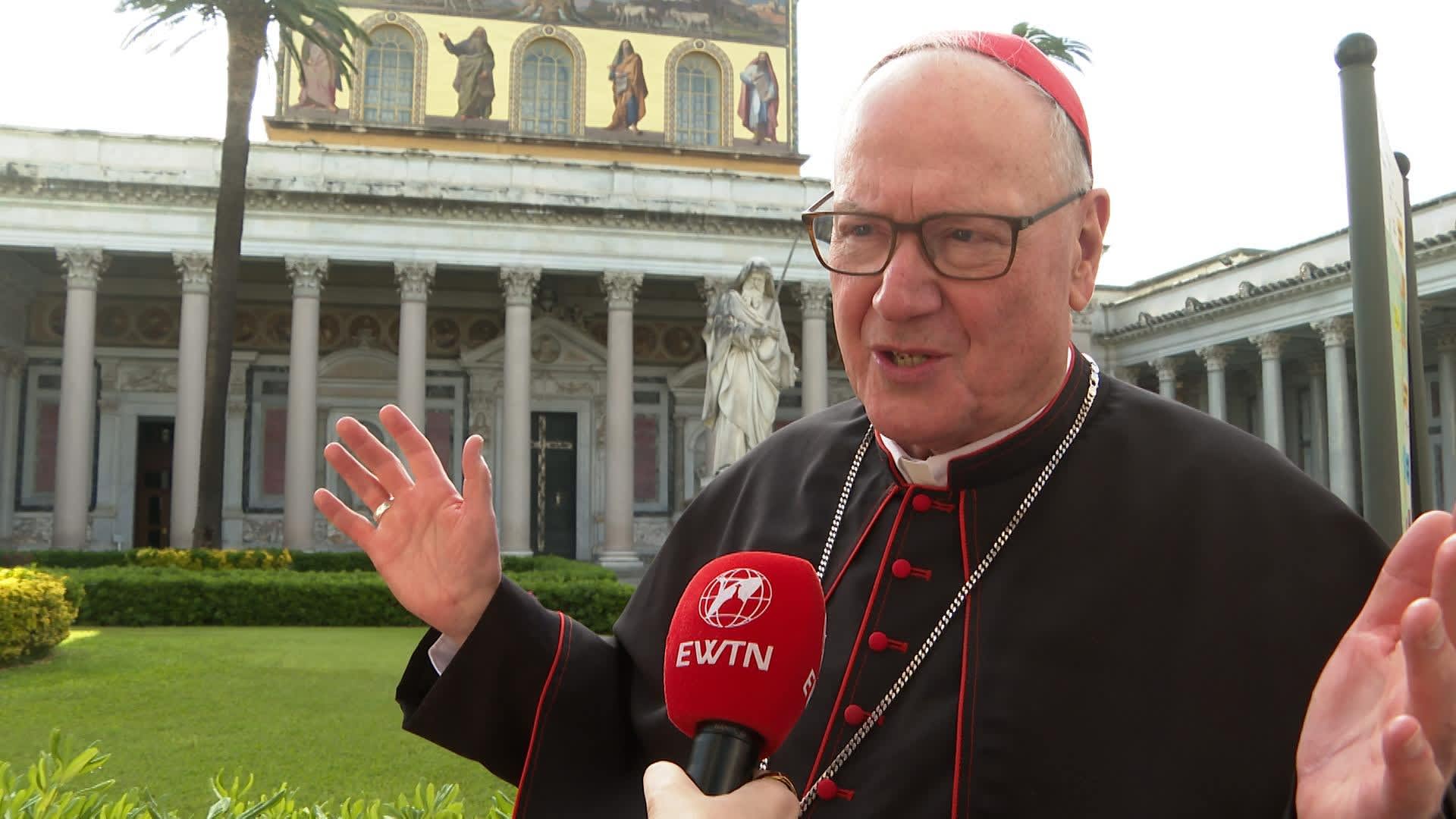
null / Credit: txking/Shutterstock
CNA Staff, Nov 14, 2024 / 15:40 pm (CNA).
A pair of Republican and Democratic U.S. senators recently questioned the director of the Federal Bureau of Prisons, Colette Peters, about why several faith-based recidivism reduction programs have been turned down in recent years from working in federal prisons.
Sens. James Lankford, R-Oklahoma, and Gary Peters, D-Michigan, in a Nov. 12 letter reviewed by CNA expressed concern over what they see as a lack of transparency in the Federal Bureau of Prisons (BOP) selection process for evidence-based recidivism reduction (EBRR) programs and productive activities (PA).
Lankford and Peters called on the bureau to provide information regarding the its use of outside organizations for recidivism reduction programs, particularly faith-based organizations.
At issue is the First Step Act (FSA), signed into law by President Donald Trump during his first term in late 2018, which provides funding for rehabilitation programs such as education, drug treatment, and vocational training in federal prisons. The law was drafted to reduce rates of recidivism — former inmates reentering prisons for new crimes after they have served their term. The bipartisan act enjoyed support from many Catholics as a way to improve the country’s criminal justice system.
The FSA provides “a diverse range of community-based, private, and nonprofit program options” in federal prisons, including faith-based programs.
Specifically, it states that policies should be developed for prisons to partner with “nonprofit and other private organizations, including faith-based, art, and community-based organizations that will deliver recidivism reduction programming on a paid or volunteer basis.”
But since the passage of the FSA, the bureau has approved few applications for new EBRR and PA programs, the senators note, observing that the “implementation of recidivism reduction partnerships appears stagnant.”
“[W]e learned through communication with BOP that since the FSA became law, BOP has received eight external faith-based applications. Of the eight external faith-based applications, five were denied, two were approved, while another remains pending review. To the best of our knowledge, the two that have been approved are PAs, meaning there are currently zero external faith-based EBRRs operating within BOP,” the letter reads.
“These numbers are concerning, particularly at a time when individuals across the BOP system are on waitlists to participate in EBRR programming.”
Lankford and Peters requested documentation detailing the bureau’s selection criteria, approval, and rejection data for external applicants categorized by entity type; Federal Bureau of Prisons policies regarding the FSA; and the results of a 2023 independent program review.
The senators did not identify which faith-based groups submitted applications that the bureau denied. They set a Dec. 13 deadline for the bureau to send them the information they seek.
A Federal Bureau of Prisons spokesperson confirmed to a different publication that it received the senators’ letter but declined to comment further.











